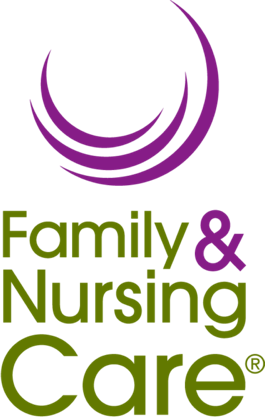 As the aging population continues to grow, so does a lesser-discussed group: solo agers. These are older adults aging without close family —no spouse, children, or nearby loved ones — to rely on for care or decision-making. This can often present a unique set of challenges. That’s where home care can be a safety net for this population, providing not just practical assistance but also peace of mind and critical continuity of care.
As the aging population continues to grow, so does a lesser-discussed group: solo agers. These are older adults aging without close family —no spouse, children, or nearby loved ones — to rely on for care or decision-making. This can often present a unique set of challenges. That’s where home care can be a safety net for this population, providing not just practical assistance but also peace of mind and critical continuity of care.
Why Solo Agers Are a Growing Concern
According to AARP, 12% of adults aged 50 and older are solo agers — a figure expected to increase in the coming decades. This group is more likely to:
- Experience delays in receiving timely care or follow-up.
- Be at higher risk of isolation and related health concerns.
- Struggle with navigating complicated medical, insurance, or legal systems without a family advocate.
Professionals across care settings may encounter greater complexity when supporting solo agers, especially during transitions of care or in the absence of a clearly identified emergency contact.
The Home Care Advantage
Home care provided by professional caregivers offer solo agers the ability to maintain independence while receiving reliable, person-centered support. Benefits of caregiver assistance include:
- Support with daily living: Assistance with activities such as bathing, grooming, meal preparation, medication reminders, and transportation.
- Social connection: Companionship that helps reduce loneliness and supports emotional well-being.
- Continuity and observation: Regular visits provide consistency and opportunities to notice early changes in condition.
- An extra set of eyes and ears: Health concerns can be escalated to healthcare providers or other professionals when needed.
Collaboration with Aging Life Care Professionals
For solo agers with more complex care needs — or those without family consultation — Aging Life Care Professionals can be an invaluable resource. Family & Nursing Care often collaborates closely with Aging Life Care Professionals, who act as care coordinators, advocates, and decision-making partners, to enable seamless support for solo agers across all facets of life.
What Sets Family & Nursing Care Apart
Family & Nursing Care is one of the oldest and most well-respected resources for private duty home care in the Mid-Atlantic region. What sets us apart is our deep commitment to connecting clients to individualized care, rigorous caregiver vetting and matching process, and partnerships with professionals who share our mission to support older adults with compassion and respect.
For solo agers, this means knowing that even in the absence of family, they are not alone. To learn more about how Family & Nursing Care supports older adults, visit our Home Care Services webpage.


 In today’s fast-paced world, the need for home care can arise without warning — often in the wake of a medical crisis like a sudden fall or a hospital discharge. These events don’t happen on a schedule, and neither should access to care. Increasingly, families are finding themselves in urgent situations, needing dependable, high-quality home care in a matter of hours — not days.
In today’s fast-paced world, the need for home care can arise without warning — often in the wake of a medical crisis like a sudden fall or a hospital discharge. These events don’t happen on a schedule, and neither should access to care. Increasingly, families are finding themselves in urgent situations, needing dependable, high-quality home care in a matter of hours — not days. As the healthcare system continues to shift toward at-home programs, home care is becoming an indispensable partner in improving outcomes. From easing transitions after hospitalization to helping older adults remain safely at home, home care plays a critical role in ensuring continuity, stability, and dignity for seniors — while also alleviating strain on hospitals and long-term care settings.
As the healthcare system continues to shift toward at-home programs, home care is becoming an indispensable partner in improving outcomes. From easing transitions after hospitalization to helping older adults remain safely at home, home care plays a critical role in ensuring continuity, stability, and dignity for seniors — while also alleviating strain on hospitals and long-term care settings. In 2024, older adults in the U.S. lost an alarming $4.8 billion to scams, according to the FBI. That’s up from $3.4 billion in 2023 and is a stark reminder that financial exploitation of seniors is not only widespread but growing rapidly. These scams don’t just steal money; they rob older adults of their independence, peace of mind, and in many cases, their trust in others. That’s why families and caregivers must remain vigilant to protect older adults.
In 2024, older adults in the U.S. lost an alarming $4.8 billion to scams, according to the FBI. That’s up from $3.4 billion in 2023 and is a stark reminder that financial exploitation of seniors is not only widespread but growing rapidly. These scams don’t just steal money; they rob older adults of their independence, peace of mind, and in many cases, their trust in others. That’s why families and caregivers must remain vigilant to protect older adults.



